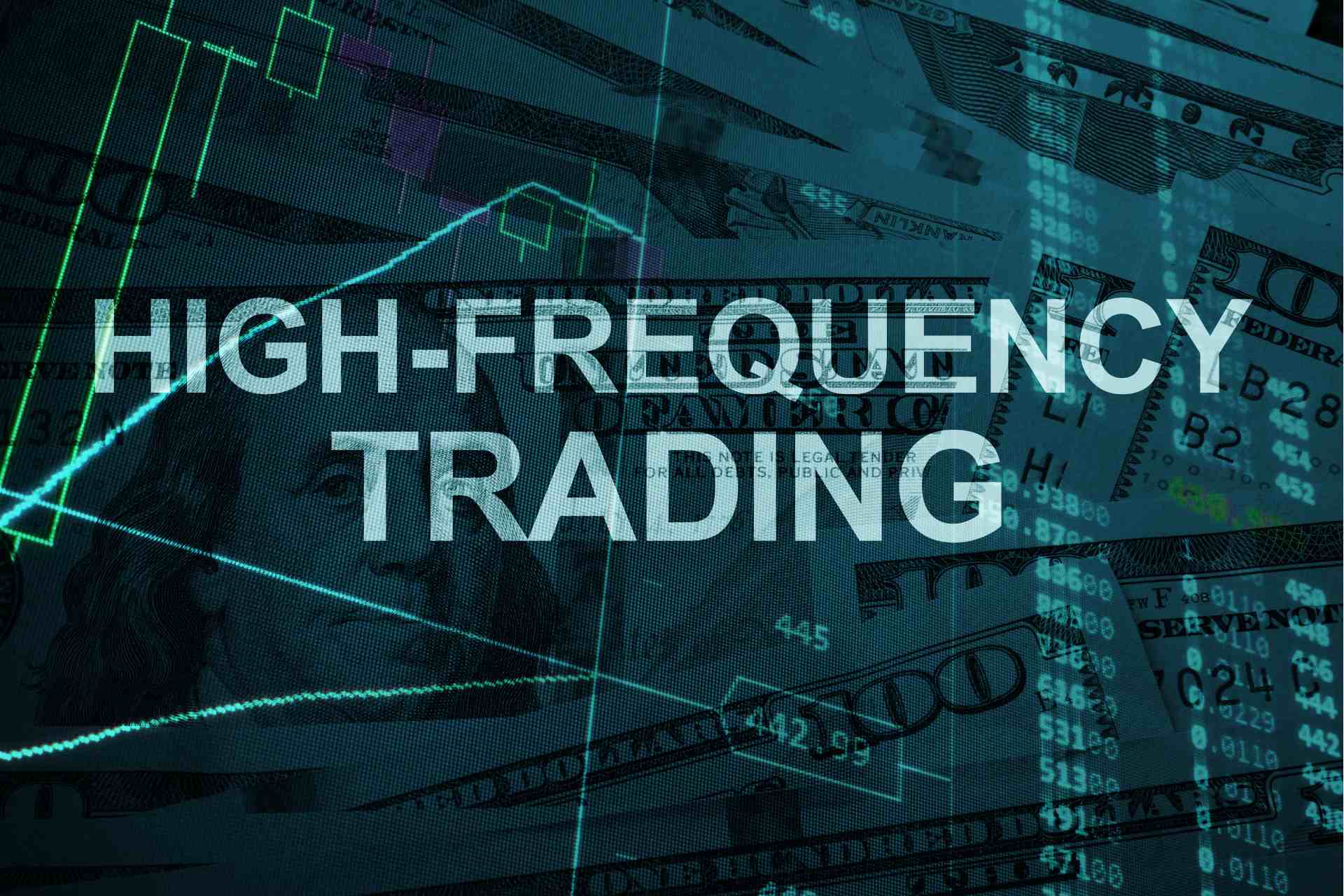
High-frequency trading (HFT) is a technique that involves executing a large number of trades in a very short period, often leveraging advanced algorithms and powerful computer systems. While traditionally associated with institutional investors, retail traders can also employ certain strategies to capitalize on market inefficiencies, thanks to the advent of stock trading bots. Here are some high-frequency trading strategies accessible to retail traders:
Scalping:
Scalping involves making a large number of small trades to profit from minor price fluctuations. Retail traders employing this strategy focus on ultra-short timeframes, sometimes holding positions for just seconds or minutes. By exploiting small price differentials, scalpers aim to accumulate profits over numerous trades. Scalping requires the use of advanced computer system that can analyse thousands of market data every seconds. Hence, it is highly recommended for retail traders to employ the use of a stock trading bot in order to implement scalping strategy.
Did you know? StockHero.ai can support up to 1 minute trading frequency for the most demanding scalp traders!
Arbitrage:
Arbitrage strategies seek to capitalize on price discrepancies of an asset across different markets or exchanges. For instance, a retail trader might buy an asset on one exchange where it’s undervalued and simultaneously sell it on another where it’s overvalued. This strategy requires fast execution to exploit fleeting price differentials. Arbitrage is a common strategy often employed in the forex market.
Market Making:
Market makers provide liquidity by placing both buy and sell orders on an exchange. Retail traders can act as market makers by placing limit orders around the current market price. They profit from the bid-ask spread and seek to capture gains as other traders execute market orders. Advanced stock trading bot software like StockHero.Ai offers market making bots for the retail traders.
Statistical Arbitrage:
This strategy involves identifying and exploiting statistical relationships between different financial instruments. Retail traders use historical data and sophisticated algorithms to predict short-term price movements based on these relationships. However, the win rate for a statistical arbitrage strategy is not as high as a scalping strategy.
News-Based Trading:
Retail traders can use automated systems to rapidly process and act upon news events. Algorithms are designed to quickly interpret news sentiment and execute trades based on predefined criteria. This strategy can be highly profitable but also carries significant risk due to market volatility around news releases. Usually, the “buy on rumours and sell on news” holds true making news-based trading not as effective.
An automated stock trading software (commonly known as stock trading bot) plays a pivotal role in executing high-frequency trading strategies. It offers several advantages:
Speed and Efficiency:
Automated trading software can process market data and execute trades at speeds impossible for manual traders. This is crucial for taking advantage of fleeting opportunities in fast-moving markets.
Automation and Consistency:
Algorithms can execute trades based on predefined criteria without human intervention. This eliminates emotional biases and ensures consistency in trading decisions.
Advanced Analytical Capabilities:
Trading software often comes equipped with sophisticated analytical tools that enable traders to perform in-depth technical and fundamental analysis, helping them identify profitable opportunities.
Save on Huge Setup Fee:
To run an advanced stock trading bot requires thousands of dollars in hardware and network connection, not to mention subscription fees to the various exchanges and data providers. Modern stock trading bot software are often cloud-based (Software as a Service) and users do not have to spend any money on expensive setup costs.
In conclusion, while high-frequency trading can be profitable for retail traders, it’s important to note that it also carries a higher degree of risk and requires a deep understanding of market dynamics. Utilizing a stock trading bot is essential for executing these strategies efficiently and effectively. As with any trading approach, thorough research, risk management, and ongoing education are crucial for success.